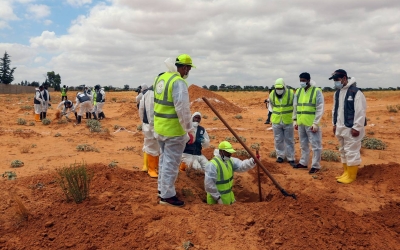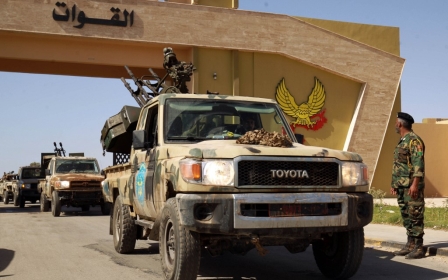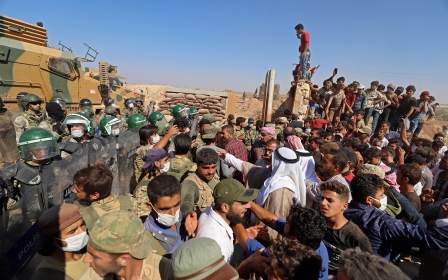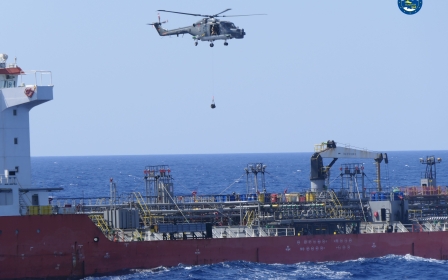EU removes east Libya powerbroker Aguila Saleh from sanctions blacklist
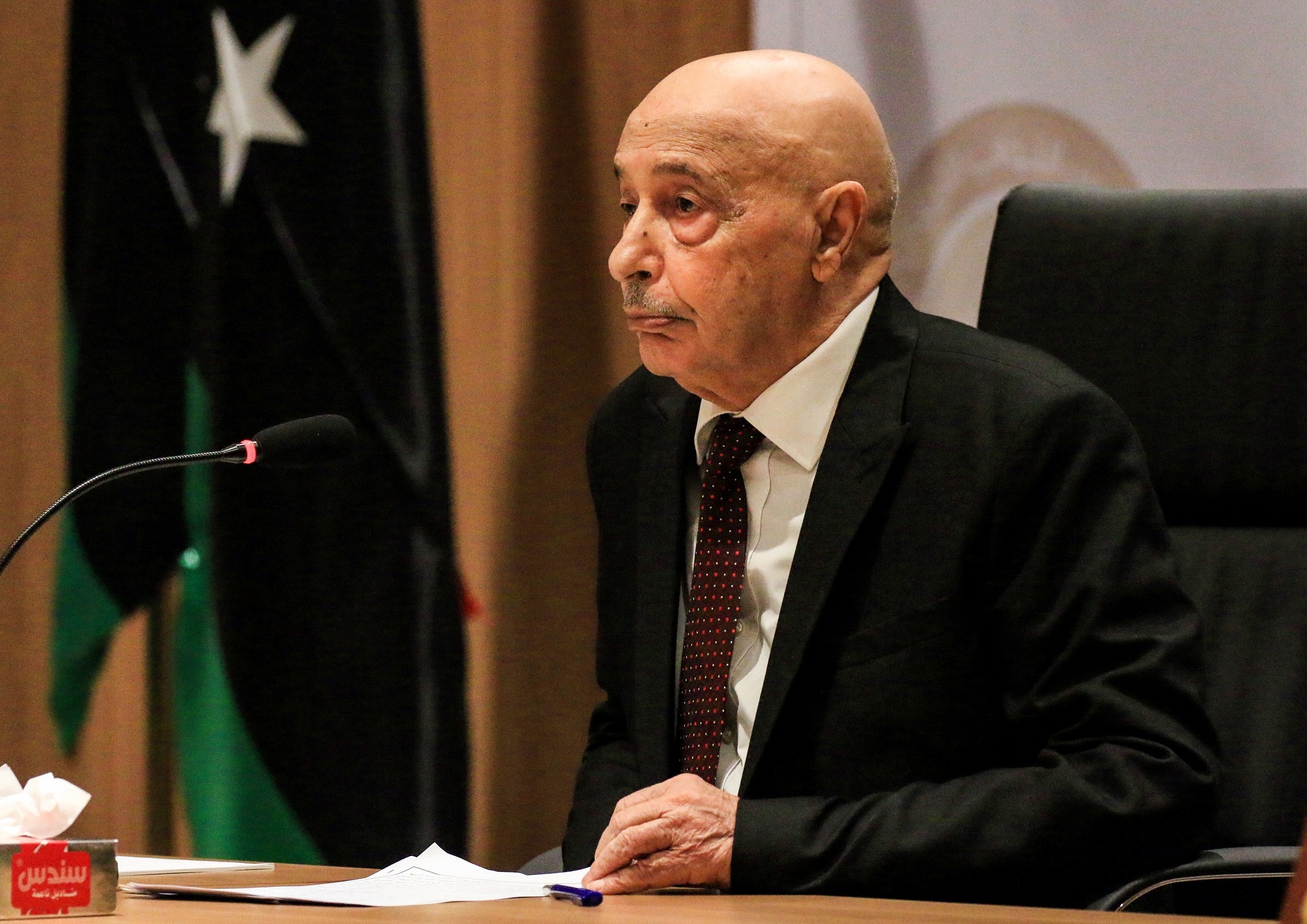
The European Union has removed an east Libyan powerbroker from its sanctions blacklist to encourage peace efforts and ensure the EU plays a central role in any negotiated settlement in Libya.
The EU said on Friday that Aguila Saleh, leader of a rival parliament in eastern Libya, no longer faces EU travel bans and asset freezes imposed four years ago.
The body also removed measures against Nuri Abusahmain, the former president of the Tripoli-based General National Congress, which lost international recognition in 2014.
"The delisting of Speaker Saleh was agreed in light of his recent constructive engagement in support of a negotiated political solution to the Libyan crisis," the EU said in a statement.
"The Council will continue to follow his behaviour closely, notably in relation to his support for the Berlin Process and for the efforts of the UN mission to Libya (UNSMIL).
New MEE newsletter: Jerusalem Dispatch
Sign up to get the latest insights and analysis on Israel-Palestine, alongside Turkey Unpacked and other MEE newsletters
"The delisting of Abu Sahmain was agreed based on the overall absence of any recent role in the Libyan political process."
Libya descended into chaos after a Nato-backed uprising toppled longtime leader Muammar Gaddafi in 2011. Rival governments in the east and the west have been competing for legitimacy with eastern commander Khalifa Haftar seeking military control of the whole country.
Haftar's self-styled Libyan National Army controls most of eastern Libya, but has faced military setbacks since he started a campaign late last year to capture the capital Tripoli from the internationally recognised Government of National Accord (GNA).
Saleh is seen as a counterweight to Haftar in the east. In June, Turkish envoy for Libya Emrullah Isler told MEE that Ankara prefers to negotiate with Saleh rather than Haftar.
"Haftar is a failed dictator and we have never recognised him as a legitimate actor. He is also about to lose Russian support. He won't take a place in the future of Libya," Isler said at the time.
"Political negotiations should be conducted by the politicians. Aguila Saleh Issa, as a politician, specifically must contribute to this process."
Haftar is backed by the United Arab Emirates and Russia, while Turkey supports the GNA and its allies in Tripoli.
The EU officially backs the UN-recognised government, but some European states, including France, have been accused of supporting Haftar.
Middle East Eye delivers independent and unrivalled coverage and analysis of the Middle East, North Africa and beyond. To learn more about republishing this content and the associated fees, please fill out this form. More about MEE can be found here.


